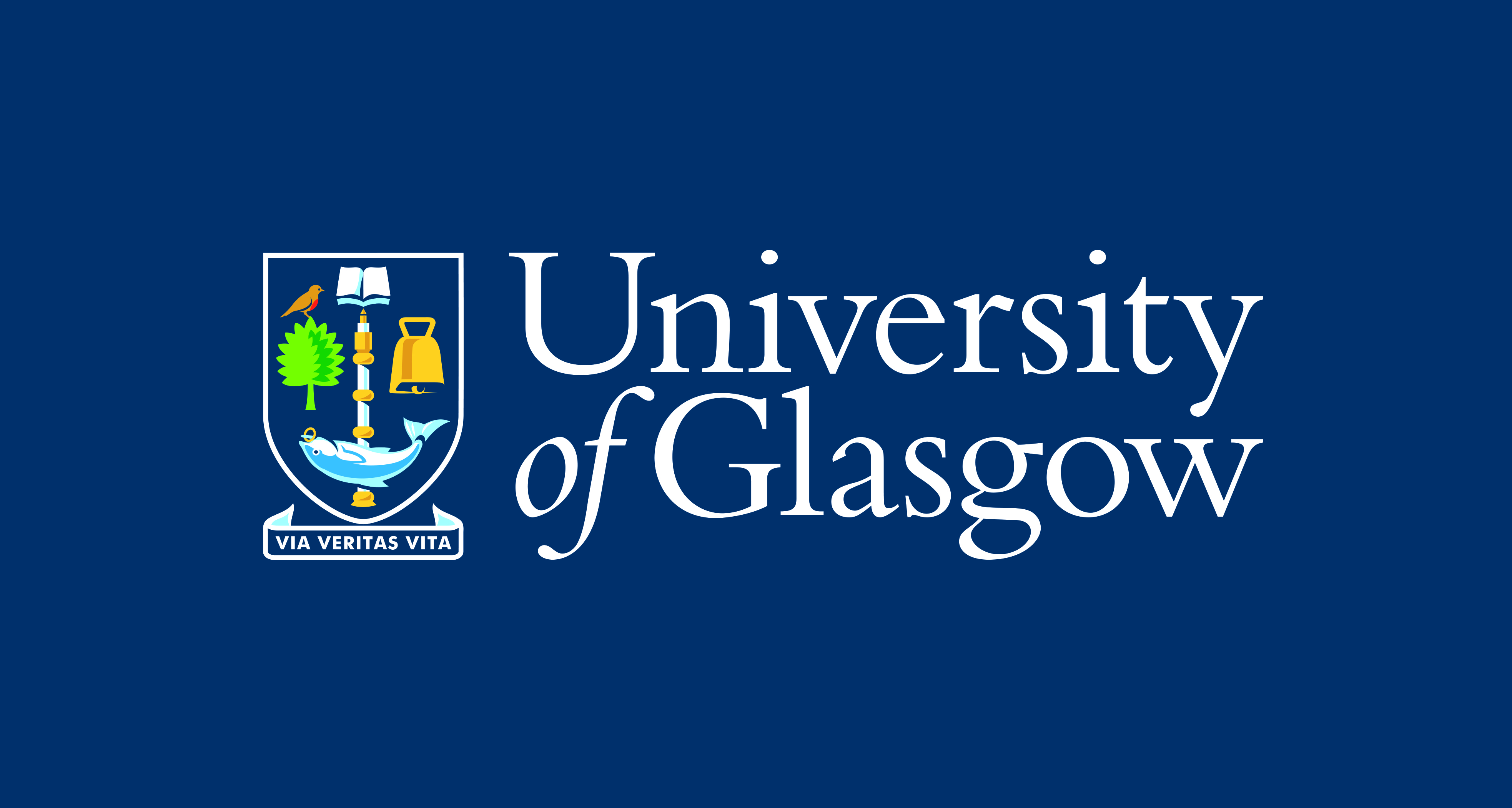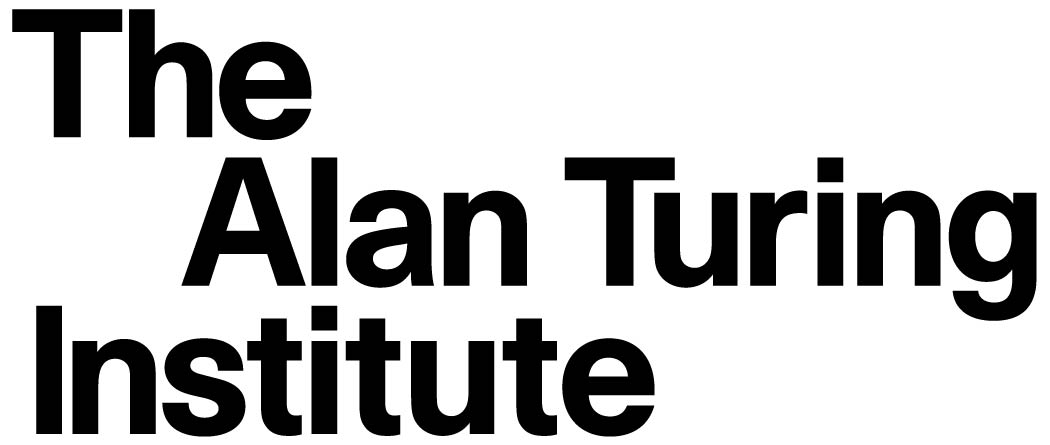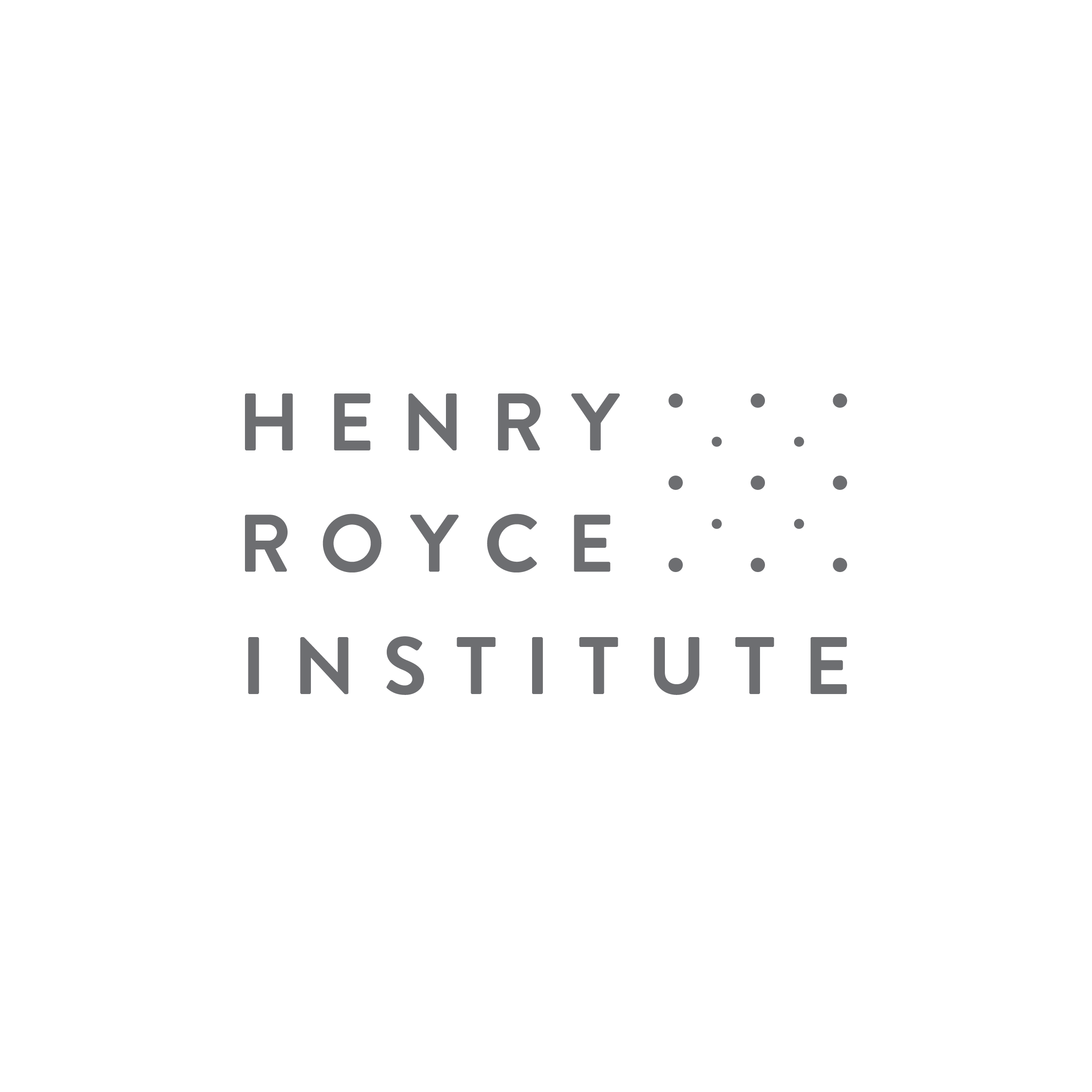Third Workshop on Multimodal AI
16–17 September 2025, London, UK
Latest news
- Full programme
- Workshop Photos
- MultimodalAI'25 Keynotes Speakers Videos
- MultimodalAI'25 Invited talks Videos
- MultimodalAI'25 Short talks
Group Photo
Pre-Workshop Hackathon

Congratulations to all our prize winners! 🎉🏆👏🎊 .
We hosted our Third Workshop on Multimodal AI (MultimodalAI'25), on 16th and 17th September 2025 at the Barbican Centre, London, EC2Y 8DS. This workshop was an in-person-only event, preceded by a mini-hackathon on 15th September.
Multimodal AI integrates diverse types of data, such as text, images, and sound, swiftly revolutionising how we interact with technology and information. Following two successful workshops, MultimodalAI’25 will gather researchers and practitioners from AI, data science, and various scientific and applied domains. The workshop discussed challenges, share innovative solutions, explore future collaborations, and further build our vibrant multimodal AI community.
Hosted by the UK Open Multimodal AI Network (UKOMAIN)—a £1.8 million EPSRC Network Plus project—the event featured keynote presentations from leading experts, community pitches, talks and posters, engaging panel discussions, a photo competition, and valuable funding and policy briefings. Prizes were given to outstanding pitches, talks, posters, and photos. Additionally, we offered travel bursaries and volunteering opportunities to support participants.
Join this interdisciplinary gathering to connect, collaborate, and drive forward multimodal AI research and development. For further details follow us at https://www.linkedin.com/company/ukomain.
Keynote Speakers
Ampea Karikari-Boateng
Principal R&D Engineer in Wind Turbine Architecture at Offshore Renewable Energy Catapult
Anna Barnes
Advisory Board Member of the UK Open Multimodal AI Network, Director of the King’s Technology Evaluation Centre at King’s College London, and President of Institute of Physics and Engineering in Medicine
Emine Yilmaz
Advisory Board Member of the UK Open Multimodal AI Network, Professor and ELLIS Fellow at University College London, and Amazon Scholar
Maria Luciana Axente
Advisory Board Member of the UK Open Multimodal AI Network, Founder and CEO of Responsible Intelligence, and former Head of AI Public Policy and Ethics at PwC UK
Rebecca Croasdale-Wood
Senior Director of Augmented Biologics Design and Global MLAB Lead at AstraZeneca
Pre-workshop Hackathon
15 Sep 2025
Torrington Place (1-19), London, WC1E 7HB
| Time | Event |
|---|---|
| 13:00 – 17:00 | Mini-hackathon |
| 13:00 – 17:00 | Early registration (access required) |
Preliminary Programme (In Person Only)
Workshop Day 1: 16 Sep 2025
Barbican Centre, London, EC2Y 8DS
| Time | Event | |
|---|---|---|
| 08:30 – 09:00 | Registration, coffee/tea, and biscuits | |
| 09:00 – 09:10 | Welcome address: Aimie Chapple, Vice-President, University College London | |
| 09:10 – 09:30 | Opening talk: Haiping Lu, Director, UK Open Multimodal AI Network (YouTube Video) | |
| 09:30 – 10:10 | Keynote 1: Tian Xie, Principal Research Manager, Microsoft Research AI4Science (YouTube Video) | |
| Title: Accelerating materials design with AI emulators and generators Abstract: The design of novel materials has been a cornerstone of technological progress, driving transformative innovations such as the adoption of electric vehicles, the development of highly efficient solar cells, and the widespread use of superconductors in magnetic resonance imaging (MRI) systems. At Microsoft Research, we develop two foundational artificial intelligence (AI) models to accelerate the materials discovery process. The first model, MatterGen, is an AI generator that proposes novel materials candidates given prompts of required properties. The second model, MatterSim, is an AI emulator that then simulates the properties of the generated candidates for the target application. The two models work together as a flywheel to drive the discovery of novel materials for broad applications. This presentation will provide a comprehensive overview of the architecture MatterSim and MatterGen, as well as how they can be used to deliver real-world impact in materials design. | ||
| 10:10 – 10:45 | Community talks 1 | |
| 10:45 – 11:00 | Group photos | |
| 11:00 – 11:30 | Coffee/tea, biscuits, and posters | |
| 11:30 – 12:10 | Keynote 2: Maria Luciana Axente, CEO, Responsible Intelligence (YouTube Video) | |
| Title: Beyond single-track thinking: governing the ethical complexity of multimodal AI Abstract: Given the emergence of these unique AI systems, our current governance frameworks must evolve, addressing the urgent ethical dilemmas they raise and enabling a robust, proportionate risk management approach tailored to their complexity and requirements. | ||
| 12:10 – 12:40 | Community talks 2 | |
| 12:40 – 13:50 | Lunch and posters | |
| 13:50 – 14:30 | Keynote 3: Rebecca Croasdale-Wood, Senior Director, Global MLAB Lead, AstraZeneca | |
| Title: Integrating AI into biologics discovery workflows Abstract: The biologics landscape is rapidly changing with the number of AI-enabled biologics in pre-clinical and clinical stages increasing, this change is driven by the increase in enterprise software solutions to capture and store data, augmented discovery workflows, improvements in machine learning technology and advances in computing power. Augmented biologics discovery has the potential to revolutionize biologics discovery we will present current in silico biologics design and optimisation technologies, with a focus on our internal efforts to benchmark the impact of combining novel in silico technologies with our existing biologics discovery platforms. | ||
| 14:30 – 15:00 | Community talks 3 | |
| 15:00 – 15:30 | Coffee/tea, biscuits, and posters | |
| 15:30 – 16:10 | Keynote 4: Thomas Gorochowski, Professor of Biological Engineering, University of Bristol (YouTube Video) | |
| Title: Data-centric approaches to biological design and engineering Abstract: High-throughput multi-modal experiments are revolutionising our understanding of biological complexity and offer a rich foundation on which to establish data-centric and mechanistic models of living cells. In this talk, I will present some of the sequencing methodologies my group has been developing to aid in the reprogramming of cells, providing broad and detailed information about diverse cellular processes and some of the insights this type of data has provided. I will also discuss some of the major challenges associated with the design of these experiments, showing how simulation can help; the chlleneges of working with heterogeneous data for biological design; and our efforts to to improve data interoperability and safety across the field of engineering biology. | ||
| 16:10 – 17:00 | Conducting impactful research (panel discussion 1) | |
| 17:00 – 17:30 | Exploring barbican | |
| 17:30 – 20:30 | Networking reception |
Workshop Day 2: 17 Sep 2025
Barbican Centre, London, EC2Y 8DS
| Time | Event | |
|---|---|---|
| 08:30 – 09:00 | Registration, coffee/tea, and biscuits | |
| 09:00 – 09:20 | Invited talk: EPSRC and Tomorrow’s Engineering Research Challenges, Simon Crook | |
| 09:20 – 09:40 | Open Multimodal AI Benchmark (OMAIB) (YouTube Video) | |
| 09:40 – 10:20 | Keynote 5: Anna Barnes, Director of the King’s Technology Evaluation Centre, King’s College London (YouTube Video) | |
| Title: AI in health and care — helping developers to think more critically about deployment, integration, and evidence generation Abstract: King’s College Technology Evaluation Centre (KiTEC) was commissioned by NHS England in 2020 to support the evaluation of AI tools for healthcare service provision. This talk provides an overview of the methodology, a description of the evaluation criteria in terms of clinical and economic effectiveness and the lessons learned during the evaluation process. | ||
| 10:20 – 10:50 | Community talks 4 | |
| 10:50 – 11:20 | Coffee/tea, biscuits, and posters | |
| 11:20 – 12:00 | Keynote 6: Ronghui Liu, Professor of Networks and Transport Operations, University of Leeds (YouTube Video) | |
| Title: Smart mobility: AI and data science powering the future of multimodal transport Abstract: This presentation explores how artificial intelligence and data science are reshaping multimodal transport systems - including public transport, ridesharing, cycling, andwalking – into more intelligent, efficient, and equitable forms of mobility.By leveraging diverse data sources—such as GPS trajectories, sensors, video andmobile applications—AI enables the analysis and inference of travel patterns and user needs across socio-economic groups, while also supporting real-time decision-making, route optimisation, and predictive maintenance of transport infrastructure. Cloud-computing provides the architecture for scalable solutions, including digital twins for infrastructure monitoring and reinforcement learning for dynamic scheduling. Case studies are presented to illustrate how these technologies can address challenges like congestion, system upkeep, and last-mile connectivity. The talk concludes with a call for cross-sector collaboration among academia, industry, and public agencies, to advance inclusive and sustainable mobility through continued innovation in AI and data science. | ||
| 12:00 – 12:30 | Community talks 5 | |
| 12:30 – 13:40 | Lunch and posters | |
| 13:40 – 14:20 | Keynote 7: Ampea Karikari-Boateng, Principal R&D Engineer, Offshore Renewable Energy Catapult (YouTube Video) | |
| Title: AI-renewed: transforming offshore renewables with multimodal intelligence Abstract: The offshore renewable energy industry is entering a new era where artificial intelligence (AI) is not just a tool, but a transformative force across the entire lifecycle of renewable energy assets. From enhancing device design, accelerating consenting of new developments, to streamlining operations and maintenance, AI is reshaping how we plan, operate, and advance offshore infrastructure. Here, we explore how AI has impacted wind energy by tracking its evolution from unimodal machine learning models, used in condition monitoring and document intelligence, to the emerging frontier of multimodal AI. These next-generation systems aim to extract deeper insights by combining diverse data sources such as sensor streams, geospatial imagery, and operational documentation. Through real-world examples and visionary use cases, we’ll uncover how multimodal AI is helping accelerate environmental monitoring to achieve faster regulatory approvals, enhance predictive maintenance and autonomous inspection, and enable holistic lifecycle planning and circularity in offshore assets. | ||
| 14:20 – 14:30 | Invited talk: Multimodal AI for solar forecasting and future grid balance, Yupeng Wu | |
| 14:30 – 15:00 | Learning from experience: career reflections (panel discussion 2) | |
| 15:00 – 15:30 | Coffee/tea, biscuits, and posters | |
| 15:30 – 16:10 | Keynote 8: Emine Yilmaz, Professor and ELLIS Fellow, University College London (YouTube Video) | |
| Title: Using large language models for evaluation: opportunities and limitations Abstract: Large Language Models (LLMs) have shown significant promise as tools for automated evaluation across diverse domains. While using LLMs for evaluation come with significant advantages potentially alleviating the reliance on costly and subjective human assessments, the adoption of LLM-based evaluation is not without challenges. In this talk we discuss about the transformative potential and the inherent constraints of using LLMs for evaluation tasks. In particular, we describe some of the challenges that come with LLM-based evaluation, such as biases and variability in judgment. We further discuss how LLMs can augment traditional evaluation practices while acknowledging the need for cautious and informed integration. | ||
| 16:10 – 16:25 | Prize winner announcement | |
| 16:25 – 16:30 | Next steps of UKOMAIN |
Key Dates and Deadlines
| Open Date | Close Date | |
|---|---|---|
| Call for Abstracts | Wed, 30th April | Tue, 5th August |
| | |
| Abstract Acceptance Notification | – | Tue, 12th August |
| | |
| Final Abstract Submission | – | Mon, 8th September (5 PM) |
| | |
| Registration Open | Tue, 27th May | Closes when full or Sun, 7th September (11 PM) |
| | |
| Cancellation Deadline (with refund) | – | Fri, 5th September |
| | |
| Call for Volunteers | Tue, 27th May | Tue, 26th August |
| | |
| Volunteer Acceptance Notification | – | Fri, 29th August |
| | |
| Travel Bursary for Inclusive Participation | Tue, 27th May | Tue, 26th August |
| | |
| Travel Bursary Decision Notification | – | Fri, 29th August |
| | |
| Call for Sponsors | Wed, 7th May | Tue, 2nd September |
| | |
| Photo Competition Submission | Mon, 18th August | Tue, 16th September |
| | |
| Photo Competition Winners Announced | – | Wed, 17th September |
Organising Committee
Haiping Lu
Director of the UK Open Multimodal AI Network, Professor of Machine Learning & Head of AI Research Engineering, University of Sheffield
Nicola Morley
Deputy Director of the UK Open Multimodal AI Network & Professor of Materials Physics
Peter Charlton
Lead for Early Career Researchers at the UK Open Multimodal AI Network & Senior Research Scientist, Nokia Bell Labs
Nataliya Tkachenko
Lead for Industry & Public Engagement at the UK Open Multimodal AI Network & Generative AI Ethics & Assurance Lead, Lloyds Banking Group
Yao Zhang
Lead for Equality, Diversity, and Inclusion at the UK Open Multimodal AI Network & Lecturer in Marine/Maritime Digitalisation and Automation, UCL
Dezong Zhao
Lead for UKRI and Government at the UK Open Multimodal AI Network & Reader in Autonomous Systems, The University of Glasgow
Aayush Chiniwalla
Network Coordinator of the UK Open Multimodal AI Network
Shuo Zhou
Lecturer in Machine Learning & Deputy Head of AI Research Engineering, University of Sheffield
Xianyuan Liu
Senior AI Research Engineer & Assistant Head of AI Research Engineering, University of Sheffield
Zhixiang Chen
Lecturer in Machine Learning
Sina Tabakhi
PhD Candidate in Machine Learning, School of Computer Science, University of Sheffield
Technical Support
Lalu Muhammad Riza Rizky
AI Research Engineer
Mohammod Suvon
AI Research Engineer
Wenrui Fan
AI Research Engineer
Contact Us
Email the organisers: ukomain-mmai25@googlegroups.com
- Frobisher Auditorium 1, Level 4, Barbican Centre, Silk Street, Barbican, London, EC2Y 8DS





